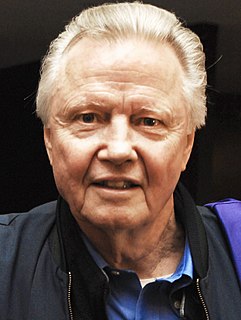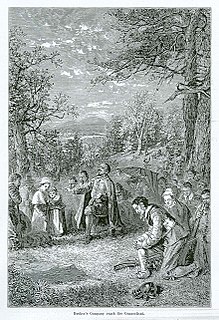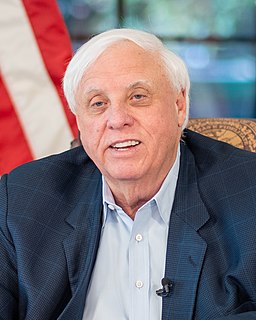A Quote by Bill Dedman
Though some student activists of the 1960s may have idolized Alinsky, he didn't particularly idolize them.
Related Quotes
There is a distinction between what may be called a problem and what may be considered an exercise. The latter serves to drill a student in some technique or procedure, and requires little if any, original thought... No exercise, then, can always be done with reasonbable dispatch and with a miniumum of creative thinking. In contrast to an exercise, a problem, if it is a good one for its level, should require though on the part of the student.
Alinsky's 1971 book, 'Rules for Radicals,' is a favorite of the Obamas. Michele Obama quoted it at the Democratic Convention. One Alinsky tactic is to 'Pick the target, freeze it, personalize it, and polarize it.' That's what the White House did in targeting Rush Limbaugh, Rick Santelli and Jim Cramer.
You will have significant experiences. I hope that you will write them down and keep record of them, that you will read them from time to time and refresh your memory of those meaningful and significant things. Some may be funny. Some may be significant only to you. Some of them may be sacred and quietly beautiful. Some may build one upon another until they represent a lifetime of special experiences.
If you're a student that likes to, you know - that wants to go into the trades and have an incredible job, and you're a student that loves the electricity or whatever it may be, in all honesty, a lot of times when you walk the halls people may - other kids may look down on you a little bit. It's not fair. It's not right.

































